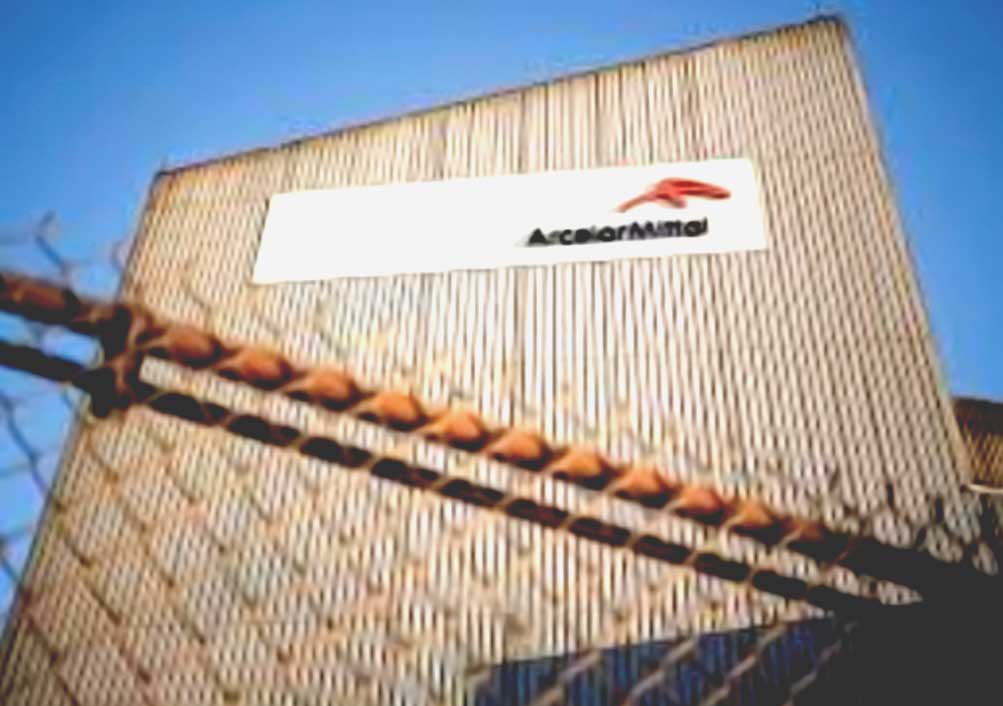Apex Court debars ArcelorMittal from claiming ‘purchase-tax’ exemption for not using raw-materials for manufacture of its own goods

Read Judgment: State Of Gujarat V. Arcelor Mittal Nippon Steel India Limited
Pankaj Bajpai
New Delhi, January 24, 2022: The Supreme Court has held that Essar Steel (ESL, now Arcelor Mittal Nippon Steel) (eligible unit under ‘The Scheme for Special Incentives to Prestigious Units 1990-95’) is disentitled to exemption from payment of purchase-tax as per original Entry No.255(2) by F.D.’s Notification dated March 5, 1992, issued u/s 49(2) of Gujarat Sales Tax Act, 1969.
A Division Bench of Justice M.R. Shah and Justice Sanjiv Khanna observing that by transfer of Naphtha and Natural Gas (raw-materials) by eligible unit (ESL) to another unit Essar Power Limited (EPL), after availing exemption from payment of purchase-tax and not using raw materials for own use for manufacture of goods, held that there was non-compliance of original Entry No.255(2) issued by Notification dated March 5,1992.
The two main grounds for such non compliance were the facets that firstly,it did not fulfill the eligibility criteria/conditions mentioned in original Entry No.255(2) and, secondly, there was a breach of declaration in Form No.26 furnished by the assessee.
The observation came pursuant to an appeal preferred by State of Gujarat (Appellant) challenging the judgment, whereby the High Court had upheld the common order passed by the Gujarat Value Added Tax Tribunal, Ahmedabad holding that Arcelor Mittal Nippon Steel India (Respondent) is entitled to the exemption from payment of amount of sales tax as per the original Entry No.255(2) vide F.D.’s Notification dated Mar 5, 1992, which was issued u/s 49(2) of the Gujarat Sales Tax Act, 1969.
The Division Bench sternly rejected the applicability of ‘principle of promissory estoppel’ stating the said doctrine is an equitable remedy and has to be moulded depending on the facts of each case and not straitjacketed into pigeonholes.
Further, speaking for the Bench, Justice Shah observed that, the Joint Commissioner, the Tribunal as well as High Court committed “a grave error in quashing and setting aside the penalty imposed by the Assessing Officer” as modus operandi adopted by assessee “warrants a penalty”.
As such, Justice Shah lamented that, by such transfer and sale of raw materials by ESL to EPL, EPL got the benefit of exemption, which otherwise being a power producing company was not eligible for such an exemption.
There was justification in State’s plea that accepting such an interpretation put forward by assessee, “would completely defeat the purpose of the exemption” and it would permit eligible industries to simply transmit raw-materials to other units, even though such units are not eligible for exemption under the notification, added the Bench.
Interpreting the exemption entry, the Top Court clarified that “only in a case where the raw materials, processing materials or consumable stores are used by the eligible unit and the eligible unit actually uses the goods purchased within the State of Gujarat as raw materials, processing materials or consumable stores in the manufacture of goods, there shall be exemption from payment of purchase tax/sales tax to the extent provided in the said Entry”.
The Top Court concluded that even the reasoning given by the Tribunal and the High Court that the demand of purchase tax is hit by the principle of promissory estoppel cannot be accepted.
Accordingly, the Apex Court restored the order passed by the Assessing Officer levying the demand of purchase tax and imposing the penalty and allowed Revenue’s appeal.
Sign up for our weekly newsletter to stay up to date on our product, events featured blog, special offer and all of the exciting things that take place here at Legitquest.




Add a Comment